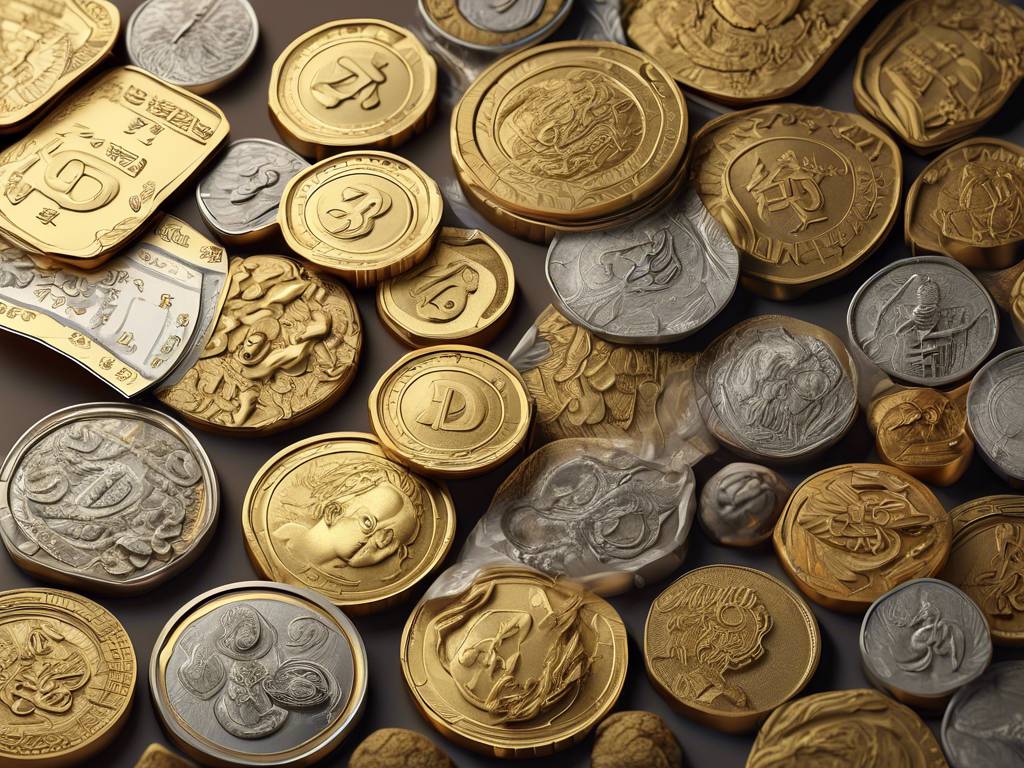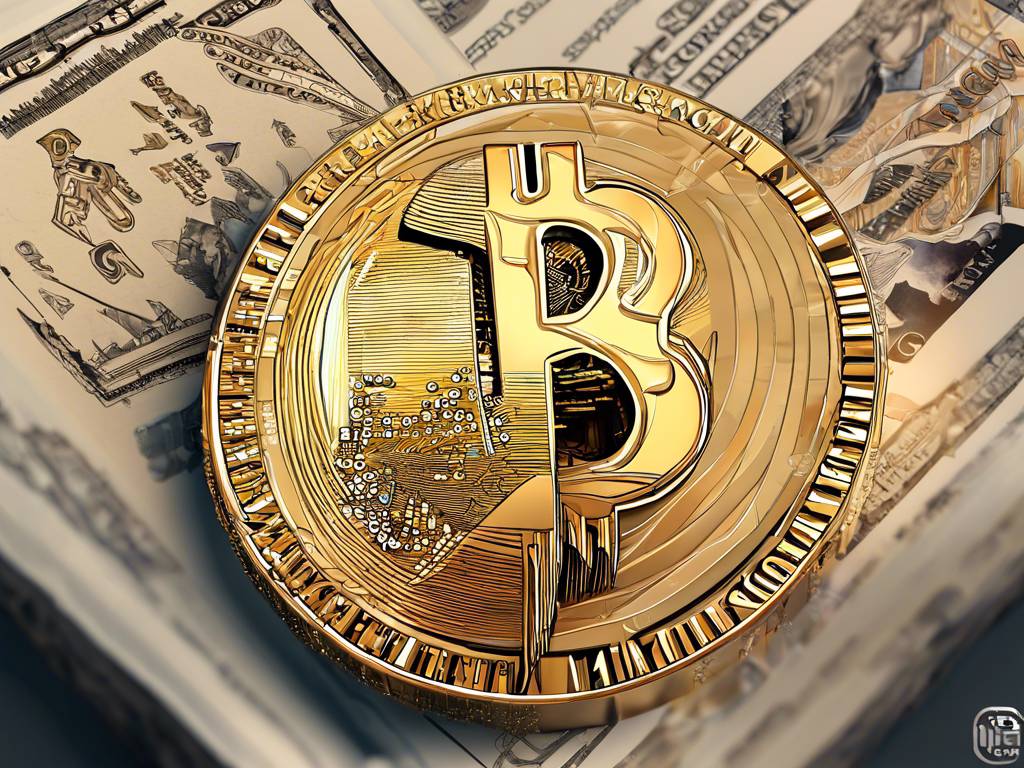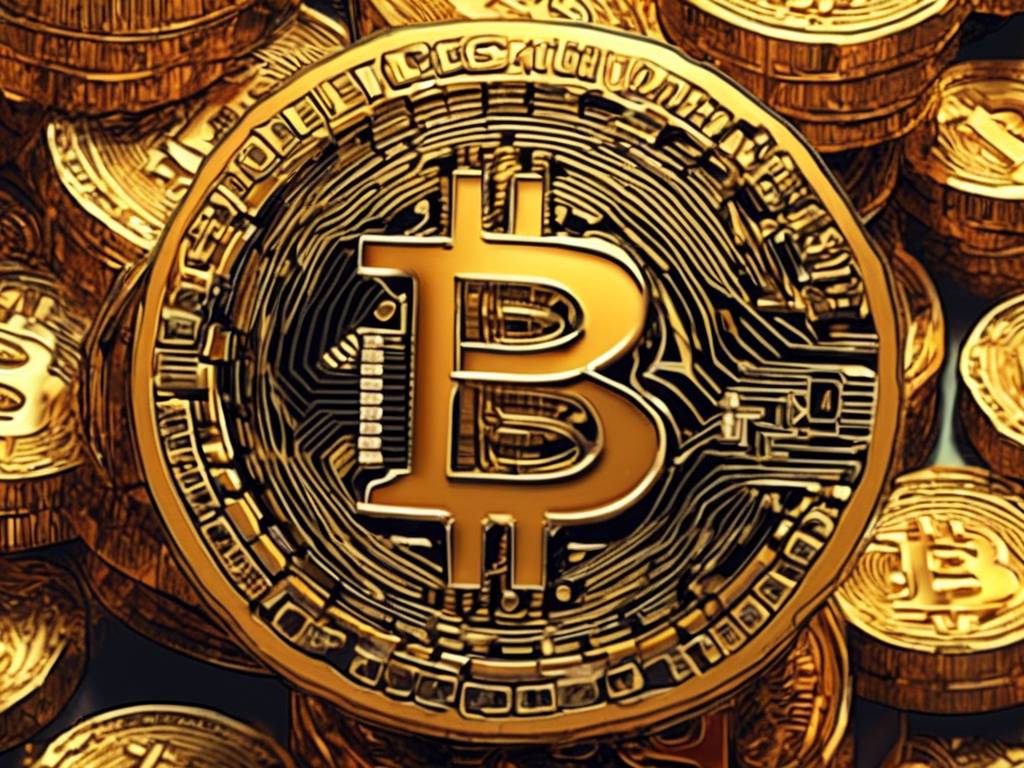Dejitaru Tsuka Coin vs. Traditional Currency: Unraveling the Differences and Similarities
Greetings, dear reader! Have you ever wondered about the differences between Dejitaru Tsuka Coin (DTC) and traditional currency? In this article, we will dive into the world of cryptocurrencies and explore how they compare to the currencies we use in our everyday lives. So, put on your digital hat and let’s unravel the mysteries together!
The Rise of Dejitaru Tsuka Coin (DTC)
You may have heard about cryptocurrencies like Bitcoin, Ethereum, or Ripple. Well, Dejitaru Tsuka Coin (DTC) is another player in this fascinating digital realm. DTC is a decentralized digital currency that operates on a technology called blockchain. This means that transactions made with DTC are recorded on a public ledger that is accessible to everyone.
💡 Fun Fact: The term “Dejitaru Tsuka” comes from the Japanese words for “digital” and “currency.”
The Basics of Traditional Currency
Now, let’s take a step back into the world of traditional currency. When we talk about traditional currency, we refer to physical forms of money issued and regulated by central banks or governments. These include coins and banknotes that we use in our daily transactions.
💰 Currency Symbols and Acronyms: You might be familiar with symbols like $ for USD (United States Dollar), € for EUR (Euro), £ for GBP (British Pound), or ¥ for JPY (Japanese Yen).
Differences Between DTC and Traditional Currency
Now that we have a basic understanding of both DTC and traditional currency, let’s explore the key differences between the two:
- Centralization vs. Decentralization: Traditional currency is centralized, meaning it is controlled and regulated by central banks or governments. On the other hand, DTC is decentralized, with no single entity governing or controlling it. Instead, transactions are verified by a network of computers in a transparent and secure manner.
- Physical vs. Digital: Traditional currency exists in physical forms such as coins and banknotes, while DTC is purely digital. You won’t find any physical DTC coins or bills in your wallet!
- Privacy and Anonymity: While traditional currency transactions can be relatively private, they often leave behind a paper trail that can be traced back to individuals. DTC, on the other hand, offers a certain level of anonymity as transactions are recorded on the blockchain without revealing personal information.
- Transaction Speed and Cost: When it comes to transaction speed, DTC often takes the lead. Transferring DTC from one digital wallet to another can be almost instantaneous, regardless of geographical location. Traditional currency transactions, especially international ones, can take longer and may involve additional fees.
Similarities Between DTC and Traditional Currency
Although there are significant differences between DTC and traditional currency, there are also some similarities worth mentioning:
- Medium of Exchange: Both DTC and traditional currency serve as a medium of exchange for goods and services. You can use them to buy your favorite latte or pay for your monthly Netflix subscription.
- Value Perception: The value of both DTC and traditional currency is subjective and can fluctuate based on various factors such as market demand, economic stability, and geopolitical events.
- Accepted by Merchants: Increasingly, merchants around the world are accepting cryptocurrencies like DTC as a form of payment alongside traditional currency. This acceptance is driven by the growing adoption of cryptocurrencies and the convenience they offer.
Frequently Asked Questions (FAQs)
Q1: Is DTC legal?
A1: The legality of DTC varies from country to country. While some nations embrace cryptocurrencies and have regulations in place, others have imposed restrictions or banned them altogether. It’s important to stay informed about the legal status of DTC in your jurisdiction.
Q2: Can I convert DTC into traditional currency?
A2: Yes, you can convert DTC into traditional currency through cryptocurrency exchanges. These platforms allow you to buy or sell DTC for other cryptocurrencies or traditional currencies like USD or EUR.
Q3: Are DTC transactions secure?
A3: DTC transactions are secured by cryptography and recorded on a decentralized blockchain. This technology ensures that transactions are tamper-proof and transparent. However, it’s essential to practice good security measures, such as using reputable wallets and protecting your private keys.
Q4: Can I mine DTC like Bitcoin?
A4: No, unlike Bitcoin, which relies on mining for transaction verification, DTC uses a different consensus mechanism. The supply of DTC is predetermined, and new coins are not created through mining.
In conclusion, Dejitaru Tsuka Coin (DTC) and traditional currency have both similarities and differences. While DTC offers decentralization, faster transactions, and a level of anonymity, traditional currency remains widely accepted and regulated by central authorities. The world of cryptocurrencies is constantly evolving, and it’s exciting to witness the coexistence of these two financial ecosystems.





 By
By
 By
By


 By
By
 By
By